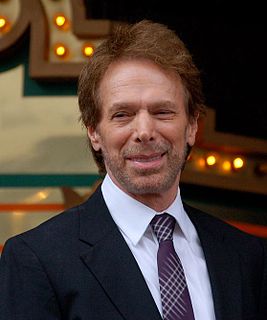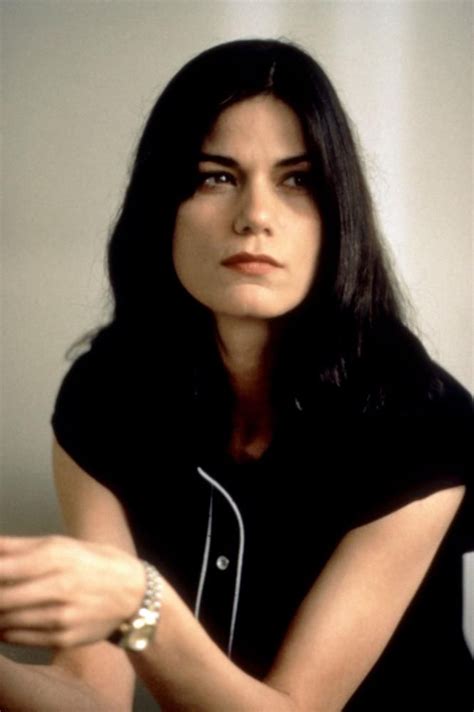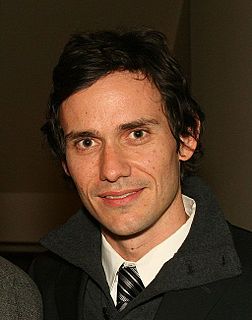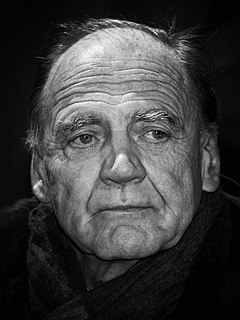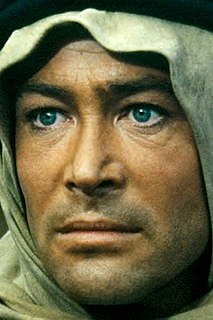A Quote by Jerry Bruckheimer
If you read a part that you want to play, and you already know you have actors you want to work with but it's not on the page, it's not going to be on the screen. So that is the most difficult thing to do for a producer, is to get a script that attracts this kind of talent.
Related Quotes
You know, my problem with most screenwriting is it is a blueprint. It's like they're afraid to write the damn thing. And I'm a writer. That's what I do. I want it to be written. I want it to work on the page first and foremost. So when I'm writing the script, I'm not thinking about the viewer watching the movie. I'm thinking about the reader reading the script.
The thing I was up against in documentary films - was trying to get non-actors to convincingly play themselves in a way I'd come to know before the camera started rolling. And many non-actors can't do that convincingly, even if they just have to play themselves - they can't be naturalistic. And I would always want to recreate something I'd witnessed them do or say, and it just would be incredibly difficult because of the fact they weren't actors.
Those titles, Executive Producer or actor, are unimportant. I always try to approach my role as an artist. The first thing you want to do, that you attempt to do as an artist, is to have some sort of input into the material that you are working on. That is how my process begins; I say to myself: "I want to do this kind of work or I want to do that kind of work."
I think the most important thing is to, without belligerence, stand up for what want. Argue compellingly if someone tries to change your script. Yeah, legally they can if they want to. But rather than give up, as some of the writers do, and just wail about how your script got rewritten, it's much more difficult - but well within the realm of possibility - to argue very sincerely, calmly, and reasonably from your point of view, such that the director or the producer might decide, "All right, let's do it that way."
I want stuff to play as wide as possible. I want to be able to see... if I could play the whole thing in a master and it could be compelling enough, that'd be great. Then it simplifies my day, it simplifies life for the actors when you could just focus on that. But by the same token I don't want to be forced into coverage. So I want it to be as good from every angle and I need to get as many of the kind of shadings that I want from every angle.
I get bored with unintelligent scripts. When I read the first page and I can tell what is going to happen, I know I don't want to make the film. It's two months work and I would get deeply bored. I would even prefer to do something that didn't work at the box-office, so long as it kept my interest alive.
Most people want to become movie stars and I just want to be in the business. I already was a star. If I get the part of a lifetime and it blows up, then that's wonderful. But if the acting doesn't work, fine. I'll just be a producer. And if the producing doesn't work, fine. I've got a lot of other stuff.
